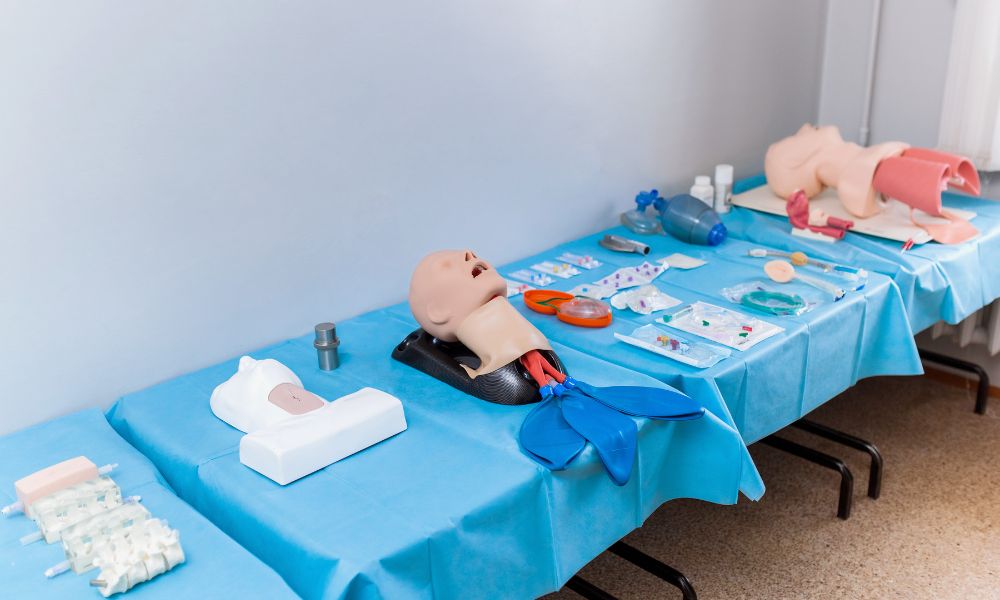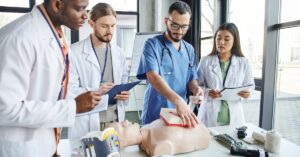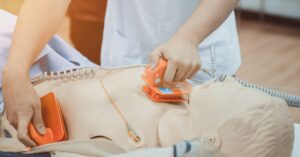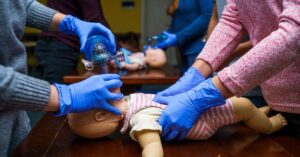No matter what your role is in the healthcare field, having the mental knowledge to do your job correctly will require a certain amount of training. Though you might have seen the term ACLS several times, you might be wondering what it means and if you need training on it. To help you gain better insight into this vital aspect of life-saving training, here is our guide on ACLS training and the professionals who need it and why.
ACLS Training
If you’re unfamiliar with the term, ACLS stands for Advanced Cardiovascular Life Support. When you work in the medical field, your main responsibility is to improve the outcomes and sustain the life of many patients. ACLS training differs from other basic training as it means to equip you with a thorough knowledge of more advanced skills to support a patient’s life. As such, it is easy to understand why many professionals in the healthcare field need ACLS training and why.
Who Needs It?
The list could go on as many require this knowledge that can significantly improve the chances of a patient’s survival. Nurses, nurse aids, caregivers, paramedics, and doctors will need this type of training. While many medical professionals can benefit from this training—such as nurses, nurse aids, caregivers, paramedics, and doctors—those who work in cardiac-related departments or respond to cardiac specific emergencies require ACLS training.
The Knowledge
While CPR is certainly useful in an emergency, unfortunately, it is not enough to sustain life in some situations. In those moments, professionals must implement advanced cardiac life support to help prolong a patient’s life. Without this crucial knowledge, they might not be able to save nearly as many lives as they do.
If you want to obtain your ACLS certification, we are here to help you. At CPR123, we equip you with the knowledge you’ll need to handle any emergencies that require advanced life-saving efforts. You’ll also learn the early management of respiratory and cardiac arrest, how to recognize peri-arrest conditions, airway management, relevant pharmacology, and how to manage stroke and ACS symptoms.







